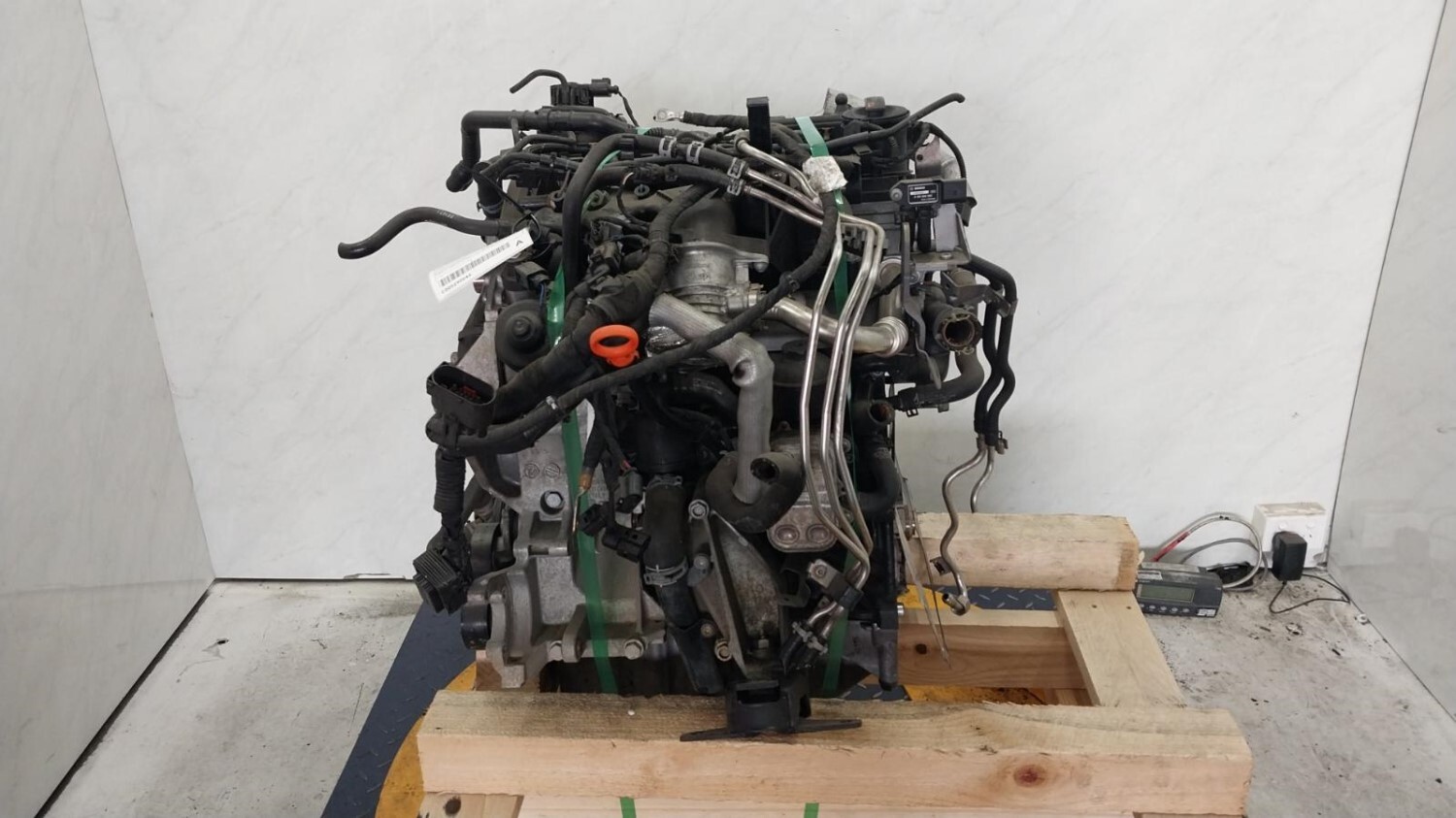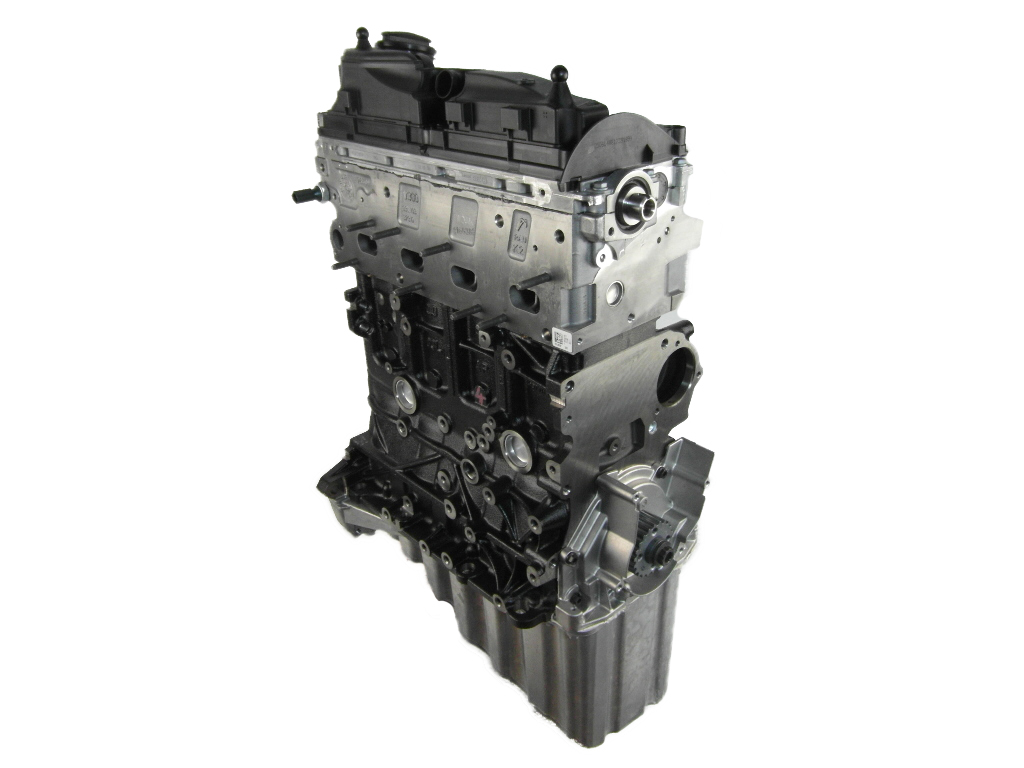Top Quality Amarok Engine for Sale-- Look Into Our Special Array and Offers
Top Quality Amarok Engine for Sale-- Look Into Our Special Array and Offers
Blog Article
Navigating the Refine of Engine Selection: Secret Aspects to Consider
The process of engine choice is a multifaceted endeavor that demands mindful assessment of a number of important variables to make certain positioning with operational objectives. Performance needs, fuel efficiency, and monetary restraints are just the beginning; considerations around environmental impact and upkeep support play a pivotal function in the decision-making structure. Comprehending exactly how each of these elements interacts can considerably influence the efficiency and longevity of your investment. The ins and outs of each factor may not be instantly evident, motivating further assessment of exactly how to tactically navigate this complex landscape.
Performance Needs
When picking an engine, it is crucial to develop clear efficiency needs that align with the intended application. Efficiency requirements incorporate a variety of factors, including power outcome, torque qualities, and responsiveness, which need to be customized to the details needs of the car or machinery in concern.
Power outcome, commonly gauged in horsepower, establishes the engine's capability to push a car or perform a job successfully. Torque, on the various other hand, is vital for applications calling for strong first acceleration or heavy lifting capacities. An understanding of the operational atmosphere is also essential; for circumstances, engines developed for off-road applications might call for various efficiency attributes compared to those meant for freeway use.
Furthermore, think about the functional lots and obligation cycle, as these aspects influence the engine's longevity and dependability. In high-load scenarios, a robust engine layout may be required to prevent early wear or failing.
Fuel Effectiveness Factors To Consider
While efficiency needs are important, fuel performance is just as vital in the engine option process, as it straight influences operating expense and ecological sustainability. Fuel-efficient engines consume much less fuel per device of work performed, which not just reduces total expense however likewise lessens greenhouse gas exhausts. As companies significantly focus on sustainability, picking an engine that optimizes fuel efficiency can enhance business obligation and conformity with ecological regulations.
When assessing gas effectiveness, it is important to consider the engine's layout and technology - amarok engine for sale. Advancements such as turbocharging, straight fuel shot, and hybrid systems can dramatically improve fuel economic situation. In addition, understanding the operating problems and task cycles of the engine application is essential; engines may do in different ways under varying speeds and tons
Additionally, suppliers commonly offer gas usage information that can be utilized to compare numerous engine options. In summary, gas effectiveness is a multi-faceted factor to consider that needs comprehensive examination during the engine option procedure.
Spending Plan and Cost Analysis
Budget and price analysis serves as a vital part in the engine option procedure, influencing both temporary investments and lasting operational expenditures. When examining prospective engines, it is vital to think about not just the initial purchase cost however additionally the total price of ownership, which incorporates installment, upkeep, gas intake, and prospective downtime.
A comprehensive analysis needs to start with the upfront expenses related to the engine, consisting of essential modifications or secondary tools. Nonetheless, concentrating solely on first expenditures may result in illinformed decisions. Evaluating operating expense over the engine's life-span is just as crucial, as a lot more pricey engines may use exceptional fuel performance or lowered maintenance requirements, inevitably leading to cost financial savings.

Ecological Impact Variables
Recognizing ecological impact aspects is crucial in the engine option process, as sustainability considerations have come to be progressively essential for both governing compliance and company obligation. Organizations must assess the discharges generated by various engine kinds, including carbon dioxide, nitrogen oxides, particle issue, and unburned hydrocarbons. These emissions contribute substantially to air contamination and climate modification, demanding a careful analysis of the engine's environmental impact.
Moreover, fuel kind plays an important role in environmental influence. Engines powered by renewable power sources, such as biofuels or hydrogen, tend to have a reduced environmental impact compared to traditional nonrenewable fuel sources. Additionally, the lifecycle evaluation of the engine, from production with operation to disposal, must be considered to recognize the complete range of its environmental effects.

Maintenance and Assistance Alternatives
When picking an engine, the schedule of maintenance and support alternatives is an important factor to consider that can dramatically impact operational performance and longevity. Comprehensive maintenance prepares ensure that the engine operates at peak performance and minimizes unexpected downtimes. It is necessary to evaluate the maker's assistance network, including the schedule of qualified professionals and solution centers.
Evaluating the ease of access of extra parts is likewise important. A dependable supply chain for parts can minimize preparations for repair services and upkeep, consequently enhancing overall performance. In addition, think about the simplicity of getting technical paperwork and training resources, which are essential for making sure that employees are well-equipped to deal with routine and emergency situations.
An additional vital factor is the warranty and solution arrangements provided by the maker. These contracts can provide comfort and monetary security against unforeseen problems. Ultimately, a proactive approach to maintenance and support not only expands the life of the engine however additionally adds to the total success of the procedure. Cautious consideration of these facets will lead to informed choices that straighten with functional objectives and budget plans. this post
Conclusion
In conclusion, the procedure of engine choice demands a comprehensive analysis of various essential variables, including performance needs, gas effectiveness, budget plan restrictions, ecological influence, and upkeep assistance. By meticulously assessing these elements, educated choices can be made that align with operational purposes and sustainability goals. Ultimately, a tactical technique to engine choice will certainly make certain optimum performance continue reading this and long life while addressing environmental and economic factors to consider efficiently.
While performance needs are crucial, gas performance is similarly essential in the engine selection procedure, as it straight impacts operating costs and ecological sustainability. As organizations progressively focus on sustainability, selecting an engine that optimizes fuel efficiency can enhance company obligation and conformity with ecological laws.
In addition, understanding the operating problems and duty cycles of the engine application is crucial; engines may perform differently under varying rates and loads. (amarok engine for sale)
Evaluating operating costs over the engine's life expectancy is equally important, as more expensive engines might use remarkable gas efficiency or minimized upkeep needs, eventually leading to set you back financial savings.
In final thought, the procedure of engine option demands a comprehensive evaluation of different important elements, including efficiency demands, gas effectiveness, budget restraints, environmental influence, and maintenance support. - amarok engine for sale
Report this page